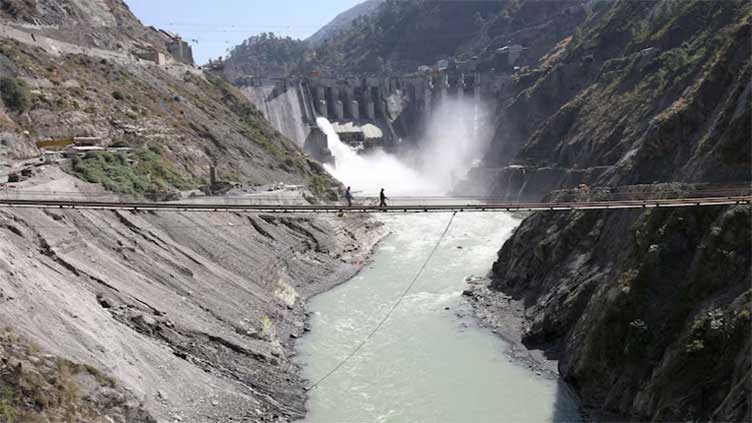
India has begun work to increase reservoir capacity at the Salal and Baglihar hydroelectric projects in Kashmir, days after suspending the Indus Waters Treaty with Pakistan.
This decision follows the deadly April 22 terror attack in Pahalgam that killed 26 people, mostly tourists, making it the most serious attack on foreign visitors in the region in over 20 years.
The reservoir flushing operation started on May 1 and continued for three days. It was carried out to clear sediment buildup that had reduced power generation and risked damaging the turbines.
This is the first time such maintenance work has been done since the Salal project was built in 1987 and the Baglihar project in 2008–2009.
Local residents living along the Chenab River reported increased water flow between May 1 and May 3, indicating that the flushing process was underway. India did not inform Pakistan before initiating the operation, despite treaty requirements.
The Indus Waters Treaty, signed in 1960, governs the distribution of six rivers between the two countries. India has rights over the eastern rivers—Ravi, Beas, and Sutlej while Pakistan depends on the western rivers—Indus, Jhelum, and Chenab that flow from Indian-administered territory.
The flushing process requires the near-emptying of reservoirs to remove accumulated silt, which can block turbines and reduce output. Officials said the power output of both projects had dropped due to silting and the inability to clean the reservoirs under previous treaty restrictions.
Tensions between the two countries have sharply increased since the Pahalgam attack, with both sides taking diplomatic measures, including cancelling visas and restricting air travel. India blamed the attack on a group linked to Pakistan, while Islamabad denied involvement and called for an impartial investigation.
Pakistan warned that changes in water flow without notice would be seen as a hostile act. India’s actions could set a precedent for more projects to take similar steps in the future, potentially impacting water availability downstream in Pakistan.

